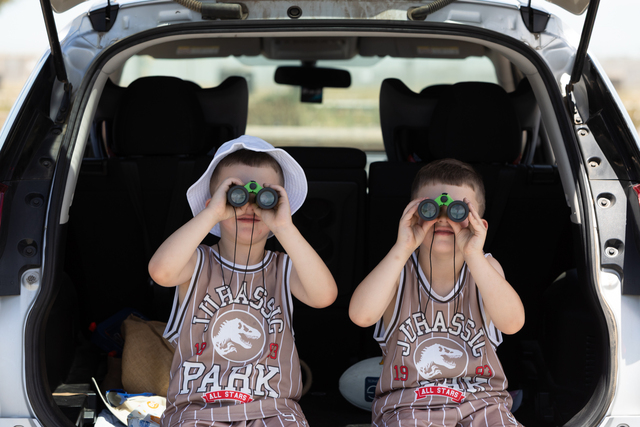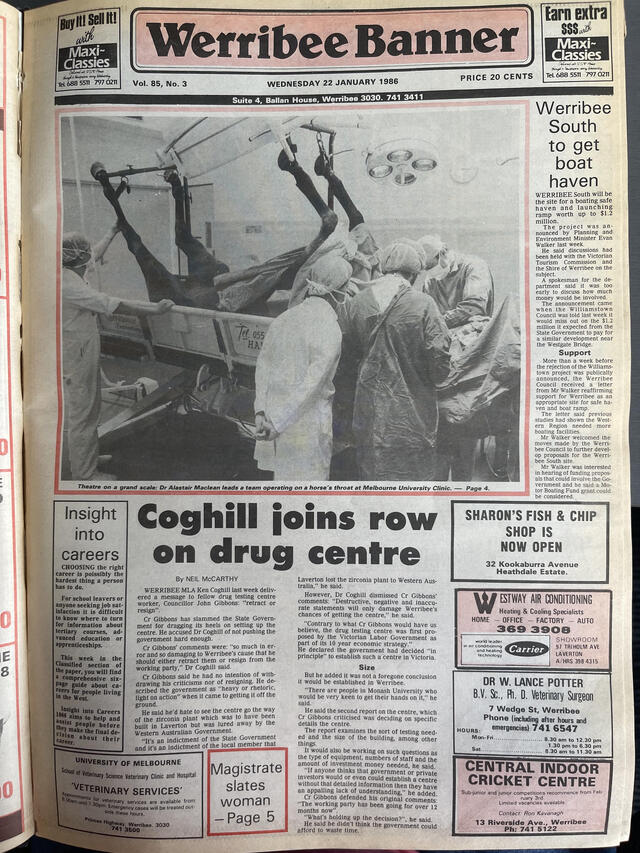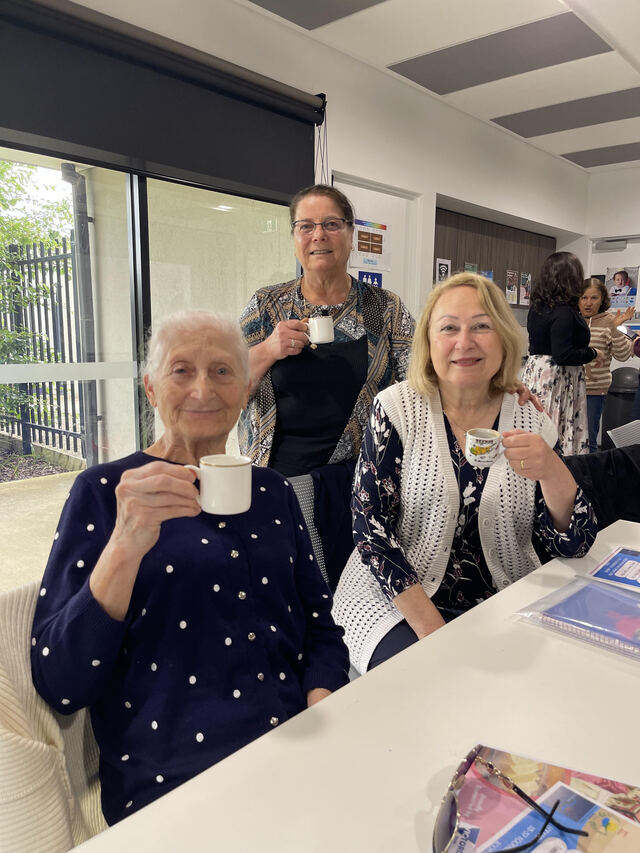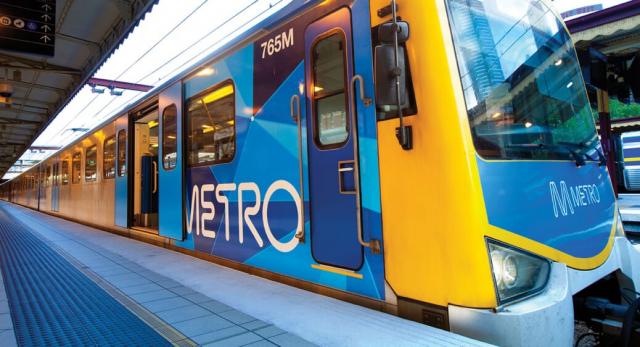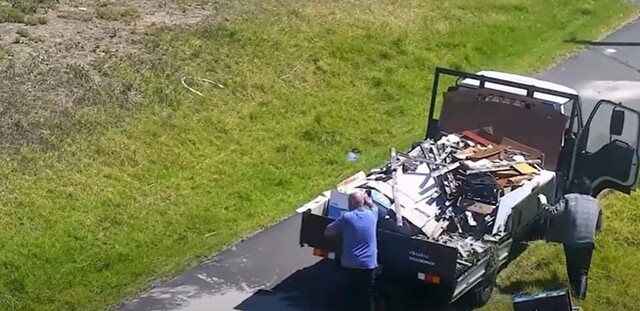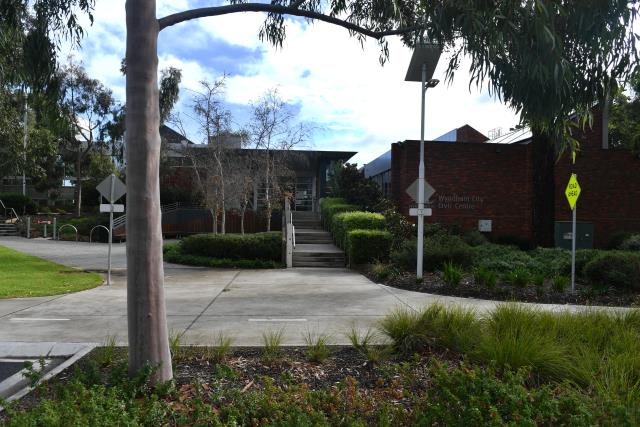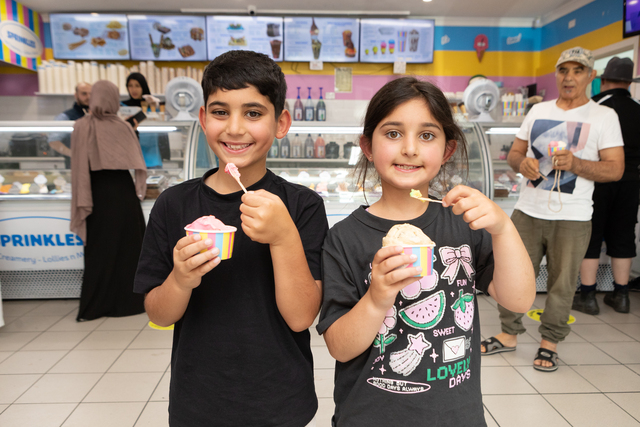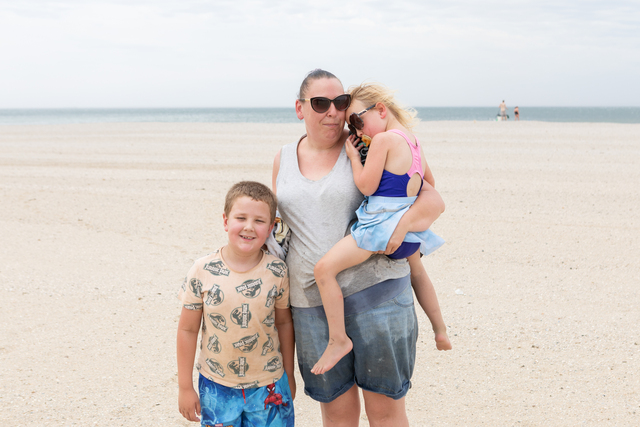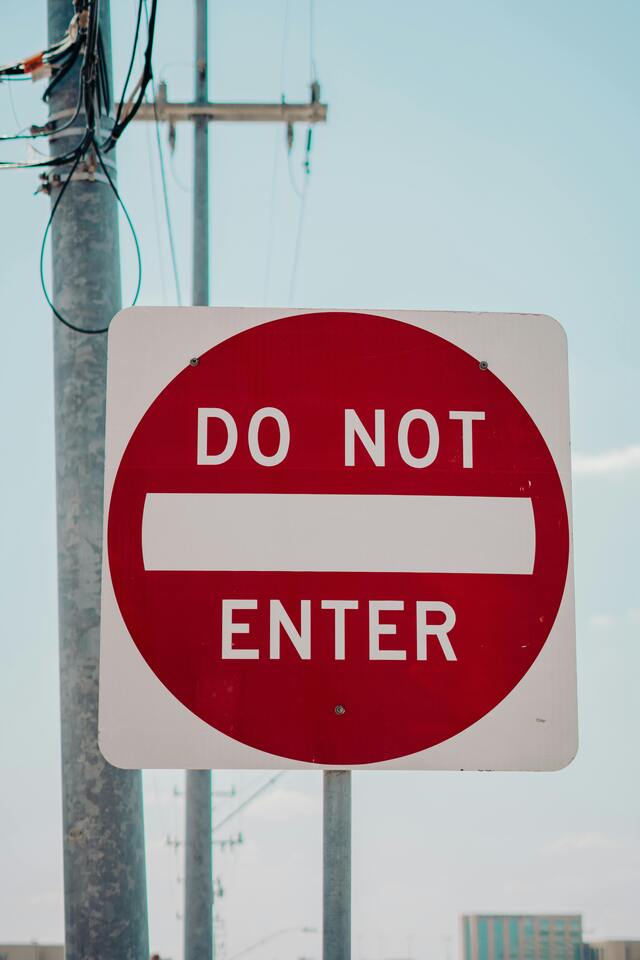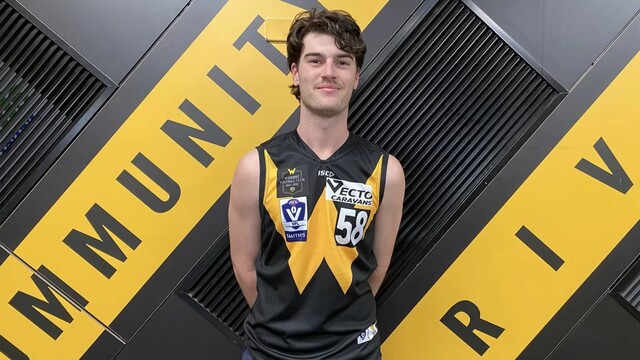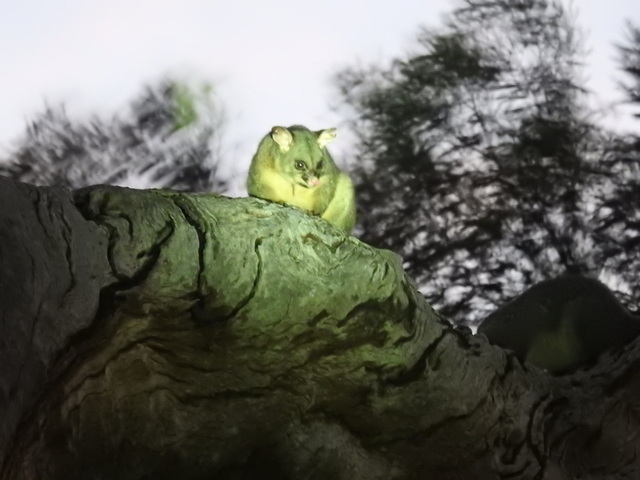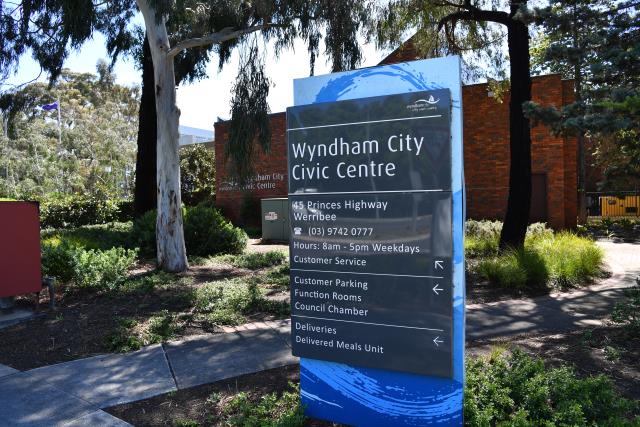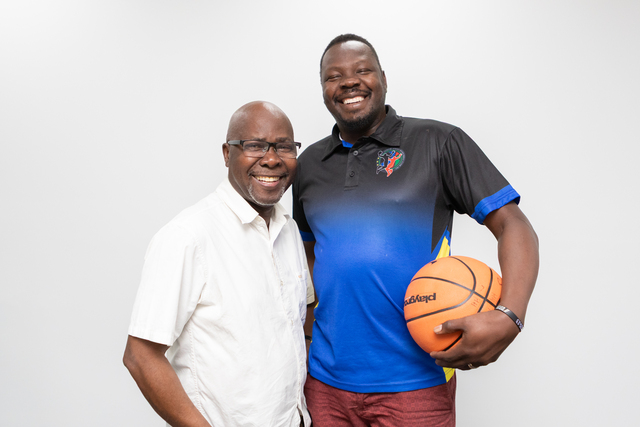A new life has grown for a Karen refugee through a Werribee Park project that has taken him back to his family’s roots.
See Mee Tun is learning about his Burmese farming and culinary culture while undertaking a horticulturalist traineeship at Werribee Park.
The 21-year-old was born in Burma but was a baby when his family fled persecution for the overcrowded Mae La refugee camp on the Burmese-Thai border.
See Mee, his parents and five brothers lived in the camp for 15 years before coming to Australia in 2009, joining the growing Karen community in Werribee.
He was reunited in Werribee with Evelyn Kunoo, 49, who he knew at the refugee camp where more than 50,000 mostly Karen refugees eke out an existence.
Mrs Kunoo lived at the camp for 22 years and was a midwife who delivered many babies, giving birth to five children herself. For Mrs Kunoo, the vegetables being grown in a community kitchen garden at Werribee Park – like a huge vegetable melon – invoke memories from a time long past.
“It is like what we used to grow in Burma long ago. We couldn’t grow our vegetables in the refugee camp,” she says. “The community kitchen garden brings everyone together.
‘‘Mostly we’re Karen people and we tend the garden, harvest the crops and every day we make lunch from the produce and share it. Here there’s so much space to grow what we want.”
Parks Victoria chief executive Bill Jackson says the community kitchen garden, developed for culturally and linguistically diverse (CALD) communities from across Melbourne’s western suburbs, is now at the centre of a thriving program with a horticultural educational facility helping people like See Mee.
“When the project began, it aimed to address some of the mental health issues associated with the effects of post-traumatic disorders, including depression and isolation for women from refugee communities,” Dr Jackson says.
“Now the project has grown to include younger members of the community; … the women’s kids, grandkids, nephews and nieces.”


